


.jpg)
.jpg)
.jpg)
Tulsi (Holy Basil)
Tulsi, also known as Holy Basil (Ocimum sanctum or Ocimum tenuiflorum), is a revered aromatic herb native to India and widely cultivated in Southeast Asia. Often referred to as the ""Queen of Herbs,"" Tulsi holds a significant place in Ayurveda, traditional Indian medicine, and Hindu culture.
₹ 500.00 - ₹ 2,500.00
Weight
Add Faq
| Tulsi (Holy Basil): Tulsi, also known as Holy Basil (Ocimum sanctum or Ocimum tenuiflorum), is a revered aromatic herb native to India and widely cultivated in Southeast Asia. Often referred to as the "Queen of Herbs," Tulsi holds a significant place in Ayurveda, traditional Indian medicine, and Hindu culture. Botanical Characteristics: Tulsi is a small, bushy plant that typically grows 30–60 cm (12–24 inches) tall. It has green or purple oval leaves with a slightly serrated edge and a strong, clove-like fragrance. The plant produces small purplish or white flowers in clusters and has a distinctive woody stem. Cultural and Spiritual Significance: In Hinduism, Tulsi is considered sacred and is often planted in homes and temples. It is associated with the goddess Lakshmi and is believed to bring health, prosperity, and spiritual well-being. Many households maintain a dedicated altar for Tulsi, incorporating it into daily rituals and prayers. Health Benefits and Medicinal Uses: Tulsi is celebrated for its adaptogenic, anti-inflammatory, and antimicrobial properties. It is used in Ayurveda to promote physical and mental health. Key benefits include: Boosting immunity: Helps the body resist infections and illnesses. Reducing stress: Its adaptogenic properties help manage stress and anxiety. Supporting respiratory health: Relieves symptoms of colds, coughs, and asthma. Detoxifying properties: Aids in flushing out toxins from the body. Digestive support: Improves digestion and alleviates stomach discomfort. Usage: Tulsi can be consumed in various forms, including teas, extracts, powders, and capsules. Fresh leaves are often used in herbal teas or chewed raw for their medicinal effects. Tulsi oil, derived from the leaves, is used in aromatherapy and skincare products. Varieties: There are several varieties of Tulsi, each with distinct characteristics: Rama Tulsi: Green leaves with a mild flavor. Krishna Tulsi: Purple leaves with a stronger, peppery taste. Vana Tulsi: Wild variety with a bright aroma and flavor. Environmental Role: Tulsi is known for its air-purifying qualities, absorbing toxins and releasing oxygen. It thrives in diverse climates and is easy to cultivate in gardens or pots. |
15 Reviews For this Product
-

-

Abdesh Tiwari
2025-02-19 11:12:32The flavor and aroma of this Holy Basil are incredible—it’s a staple in my daily routine!
-

Siddharth Rao
2025-02-19 11:11:44Highly recommend this Tulsi for its amazing freshness and numerous health benefits!
-

Aarna medicine
2025-02-19 11:10:49I trust this Tulsi for my health—fresh, organic, and of the highest quality!
-

Aditi Bhatia
2025-02-19 11:09:55Nature Nook’s Tulsi is fantastic—so fresh and helps me feel calm and energized!

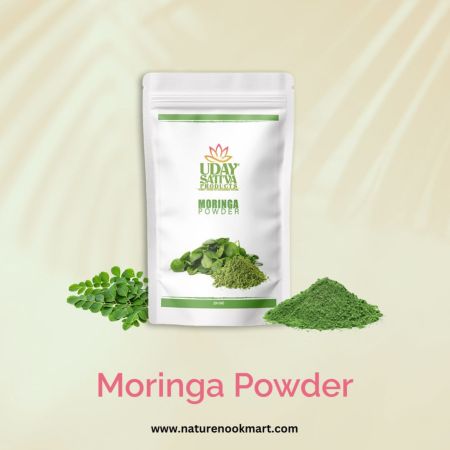
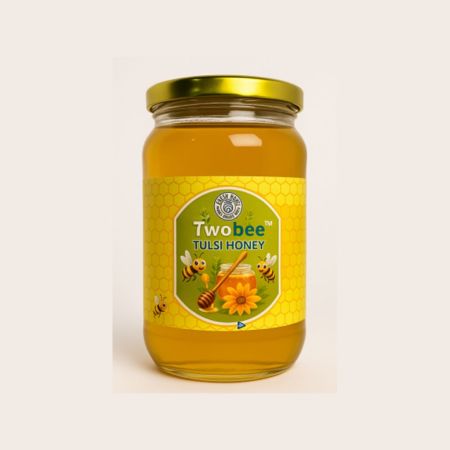
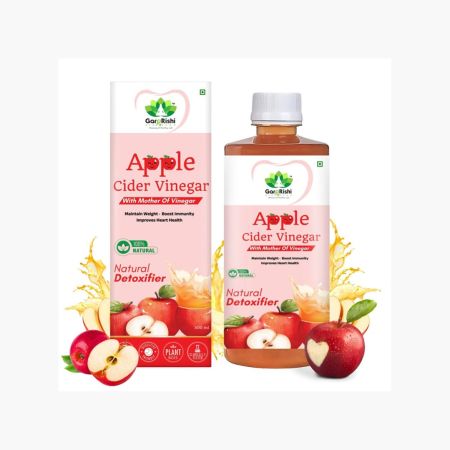
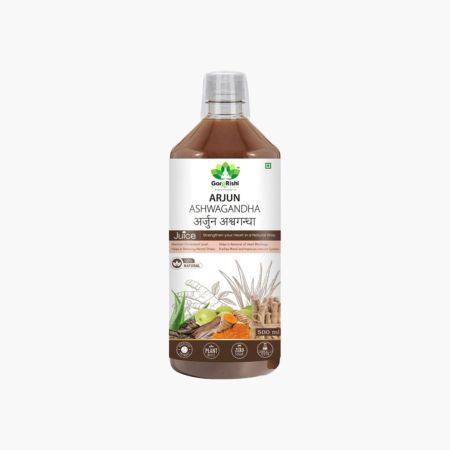
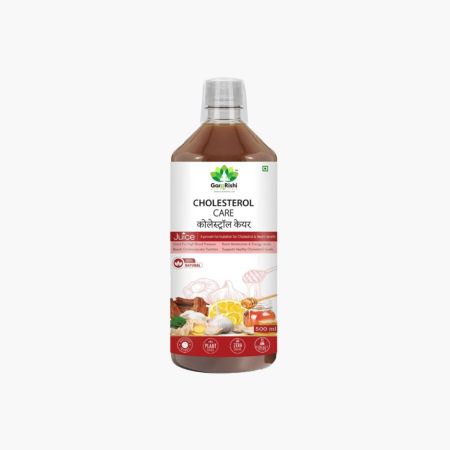
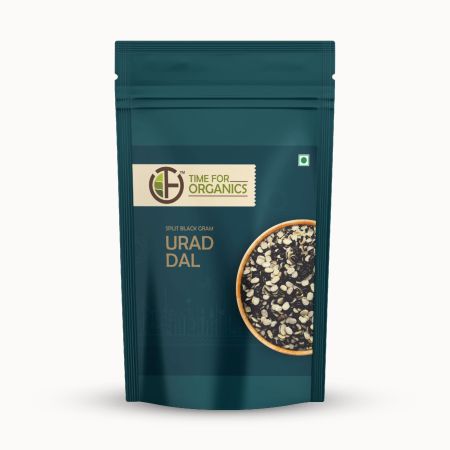
.jpg)
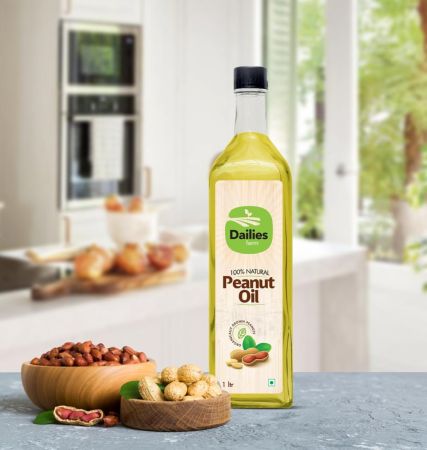
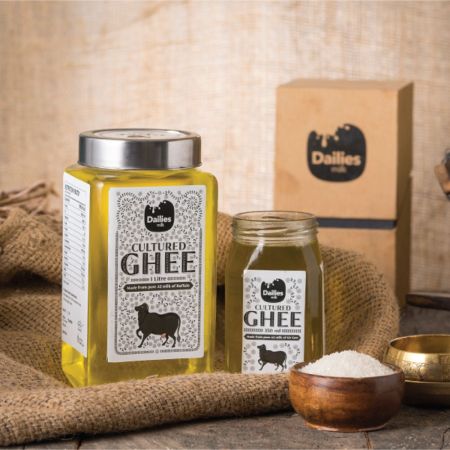
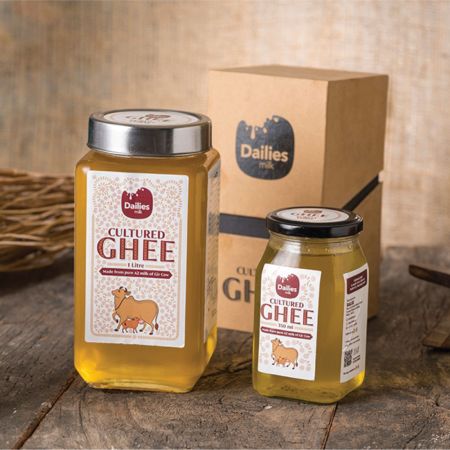

.jpg)



Rahul Sharma
2025-02-19 11:13:20Best quality Tulsi I’ve ever used—so fresh, fragrant, and perfect for overall wellness!